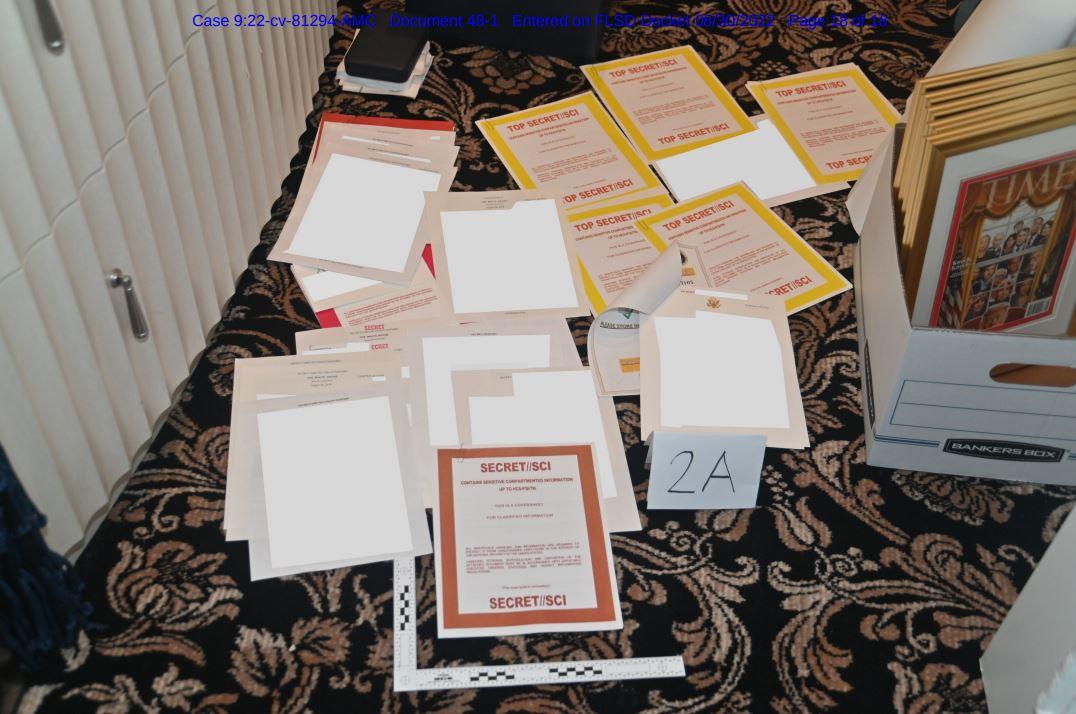The leadership of the Senate Select Committee on Intelligence said on Feb. 28 they were unsatisfied with the information offered to them in their briefing about the exposure of classified documents.
According to the statement, the senators’ briefing by members of the intelligence community, and the Department of Justice left “much to be desired.”





